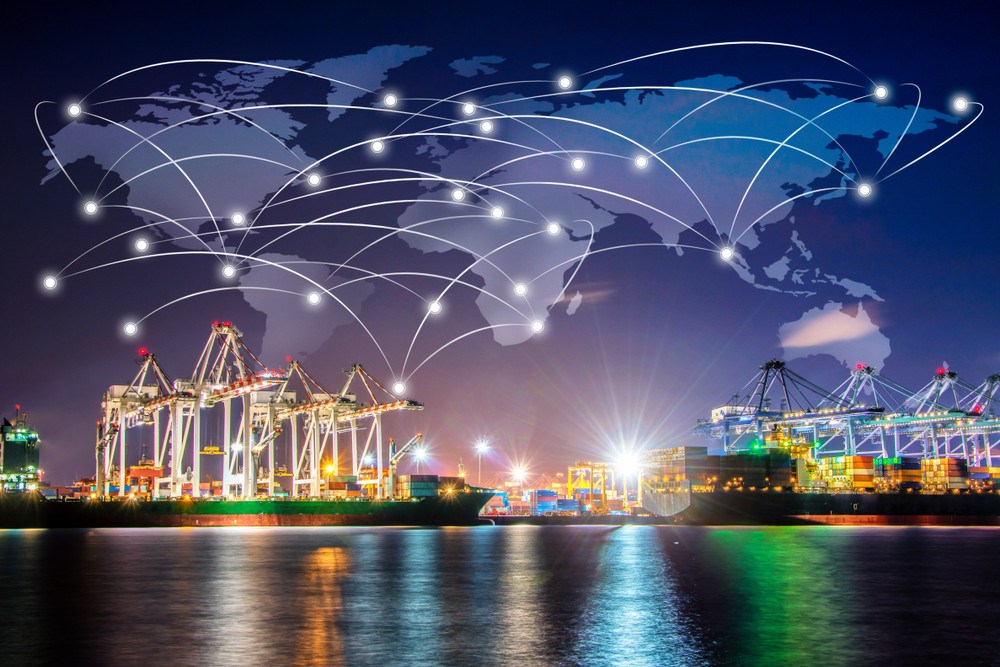Digitalisation: Charterers have a strategic decision to make
21/10/2022
Easing congestion across the global supply chain has reduced the need for charterers to scramble for vessels. At the same time, this presents new risks and costs associated with selecting less efficient ships.
With those added risks and potential costs of vessel selection comes the need for renewed focus on solutions that aid decision making. As the vortex of global trade coalesces around yet another new normal, the role that digitalisation can play is being amplified across the supply chain.
The decision facing charterers is a simple one. Do they continue, as they have always done, to rely on fuel consumption tables when deciding which vessels to charter, or should they take advantage of today’s more mature data landscape to make smarter, more profitable decisions amidst the uncertainty in the global economy?
Historically, one of the biggest determiners of vessel selection is fuel performance and expected consumption. This will be even more the case in an era when fuel prices are volatile and are expected to increase dramatically.
The fuel consumption estimates used for making pre-chartering decisions are often based on limited operational data, such as selected speeds and good weather, rather than the dynamic range of situations faced at sea. This creates a challenge for charterers wanting to identify the best-suited vessel for particular journeys, and particularly when the pool of potential vessels at their disposal is varying in line with supply and demand.
The IMO’s Carbon Intensity Indicator (CII) regulations will provide charterers with both another factor to navigate, as well as a new metric by which to measure their chartered fleet. Complying with the requirements of the regulations will force the commercial shipping fleet into vessel efficiency categories (A to E) based on historical, annualised CO2 emissions data. The CII aligns with the IMO’s longer-term objective of reducing the carbon intensity of international shipping by 40% by 2030 compared to 2008 levels, and charterers are encouraged to incentivise compliance by only choosing high category vessels.
CII thresholds will tighten annually, and in many cases, shipowners will use engine power limitation and slow steaming to boost their vessels’ ratings. Any energy efficiency improvements made on board will also improve CII ratings, but without actual performance data to prove the effectiveness of such initiatives in reducing fuel costs, charterers are still left making “fair-weather” assumptions based on limited operational experience and selected equipment manufacturer claims.
The more sustainable and profitable alternative is to make use of the increasing digitalisation of ships at sea, which is making real-time efficiency data increasingly accessible to decision-makers ashore. The technology already exists to support more accurate and dynamic fuel consumption predictions via modelling the complex conditions that vessels face while at sea. Ship operators are already moving in to capitalise on this, but it remains a largely untapped resource for charterers.
Aided by sophisticated algorithms, ZeroNorth’s Vessel Selection service, which is integrated within the ZeroNorth platform, hosts millions of data points to enable operators and charterers to consider commercial outcomes together. For the first time, the same data set can inform both pre-chartering and operational decisions. The new service enables charterers to improve fuel consumption predictions by simulating various operating conditions for the vessels they are considering chartering. They can then select the right vessel for the specific route and conditions and negotiate more precise performance guarantees with owners to reduce the likelihood of cost overruns.
The Vessel Selection service is intuitive, fast, and accurate, and is based on a large set of public and proprietary data sources including weather data, vessel characteristics, and operational and historical performance data. It includes a cutting-edge fuel model powered by machine learning that enables charterers to simulate a vessel’s fuel consumption, CII ranking, and CO2 emissions.
This knowledge satisfies a growing need for charterers and the shipping industry which is being driven by the average consumer on the street – even if they don’t know it. Every time someone chooses a more sustainable product in a shop, they are indirectly putting pressure on the manufacturer, who then puts pressure on their supply chains. This pressure is prompting charterers, and therefore the rest of the industry with them, to adapt.
In shipping and wider global trade, data-driven technologies can unlock earnings and emissions reductions today. Data-based optimisation actions, such as those provided by Vessel Selection, can improve commercial decision-making and increase competitiveness and transparency to counterparties. They enable a more holistic approach to decarbonising global trade.
Importantly, digital technologies bring us closer to a reality where operators and charterers have full transparency over vessel performance and marine fuel procurement and can make mutually beneficial decisions using these insights. With a mature, connected and secure data ecosystem, these sorts of cross-processes will only grow over the next few years.
Critically, efficiencies and revenue upsides created by digital solutions can be directly reinvested into the industry’s decarbonisation pathway, ensuring that impact is felt by those companies taking the initiative and that global trade takes responsibility for its own greening.
Source: Container News


